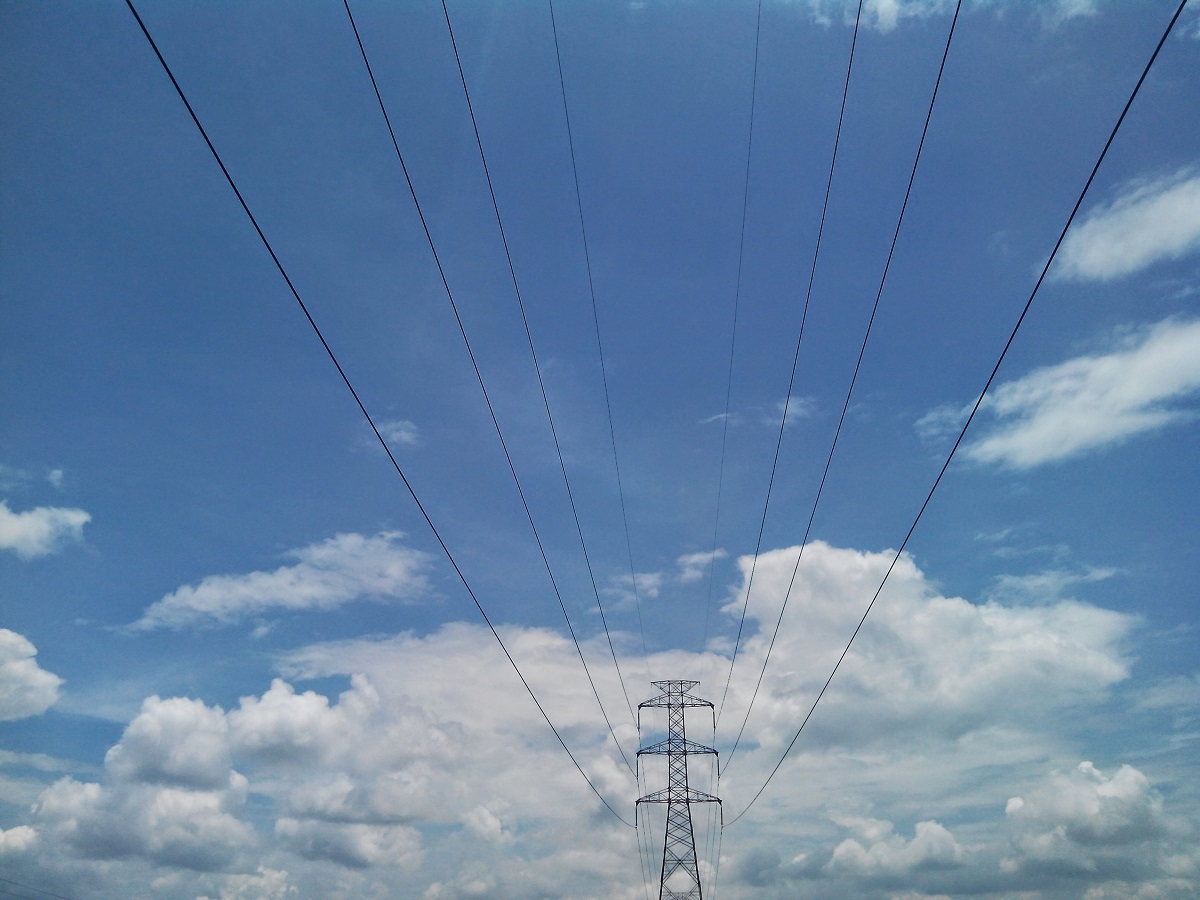Attribution: Shahjalal2005 [CC BY-SA 4.0 (https://creativecommons.org/licenses/by-sa/4.0)]
As a part of The United Nations Development Programme’s commitment to clean and affordable energy, a pilot has been launched in Kushtia in partnership with the Global Environment Facility (GEF) and cooperation with the municipality and Sustainable Renewable Energy Development authority (SREDA).
The first of its kind in Bangladesh, the initiative will be converting solid waste produced in the municipality to generate electricity that would then be supplied to the National Grid.
“Not only will this project keep Kushtia clean, we will also be contributing to the national grid,” Anwar Ali, the mayor of Kushita municipality, said during signing of agreement between the parties on 8 November, 2019

Initially, 25 Metric tons of Solid Waste would be used to feed the plant, set up at the municipal landfill site in Kushtia’s Baradi, for its daily 8-hour runtime, which in turn would generate approximately 3,000 KWh of electricity for offloading onto the grid.
UNDP Bangladesh has a long history of successful cooperation with the government, private sector and other stakeholders to promote clean technology with environmental benefits.
Development of Sustainable Renewable Energy Power Generation (SREPGen) project works to reduce the annual growth rate of greenhouse gas (GHG) emissions from fossil fuels and helping to achieve the Sustainable Development Goal-07
Increasing the share of renewable energy in Bangladesh’s power mix through facilitating the financing, implementation and operation of pilot energy projects is a major outcome under the “renewable energy investment scale-up” component of this project.

The Global Environmental facility (GEF) funded initiative is being implemented by the Power Division of Ministry of Power, Energy and Mineral Resources and hosted at Sustainable Renewable Energy Development authority (SREDA) along with Kushtia Municipality, which has given access to the landfill sites.
UNDP has also developed the technology to channel unused energy generated in its Solar irrigation pumps in Kushtia’s Kalinathpur during the 5 to 6-month agricultural off season to the national grid. This would ensure utilisation of 40-50% solar energy that are wasted annually

 Locations
Locations
